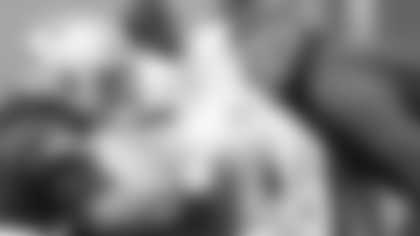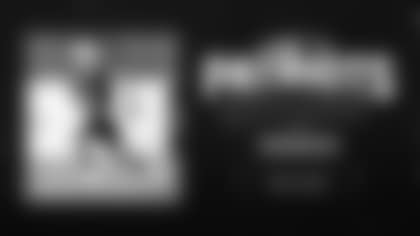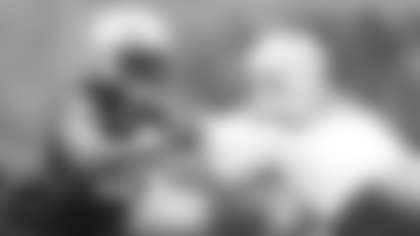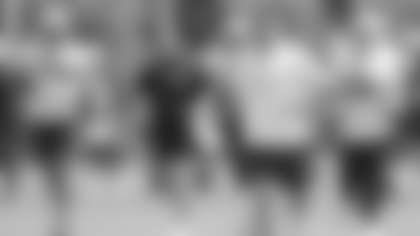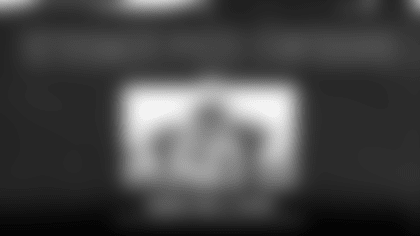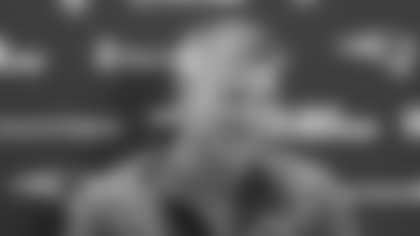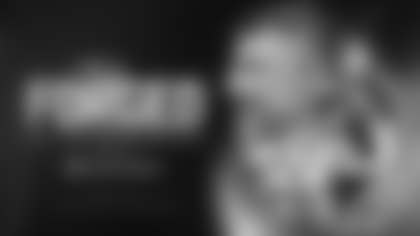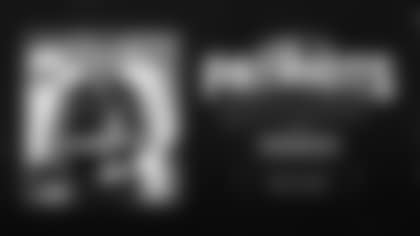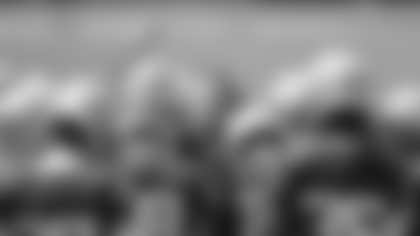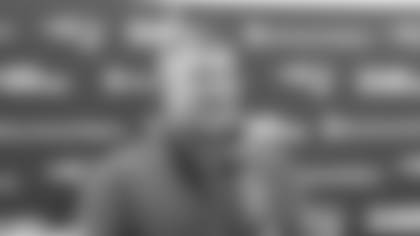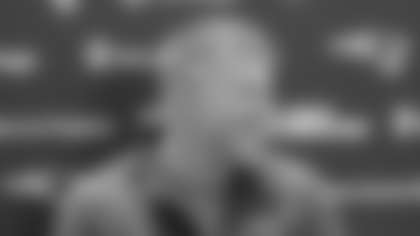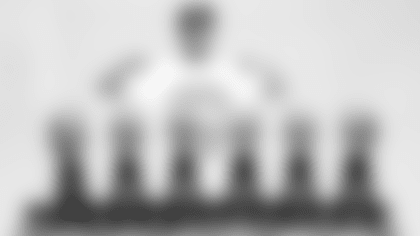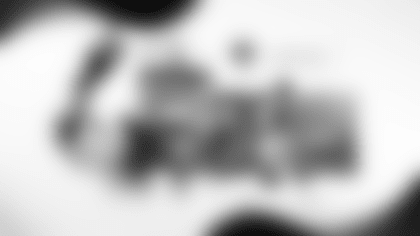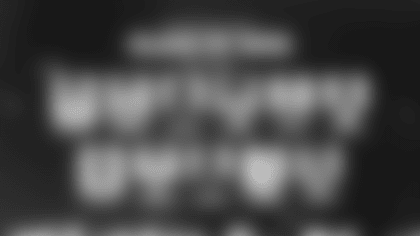In author C.S. Lewis'wildly popular Chronicles of Narnia, the mythical land he created was accessible to outsiders only through a wardrobe in an old mansion in the English countryside. Entrance therein was limited to those fortunate few who happened to stumble upon this magical gateway.
Canton, Ohio – home to pro football's legendary Hall of Fame – is a real place, just an hour's drive south of Cleveland down Interstate-77. Yet, to most children who possess pigskin dreams, it is a fabled land, as difficult to reach as Narnia.
Not, however, for Patriots offensive coordinator and quarterbacks coach Josh McDaniels. It is his hometown.
Unlike the fictional Narnia, you may not find any talking animals in Canton, but the town does boast the McKinley Bulldogs, one of the most storied programs in high school football history.
McDaniels, 32, is an alumnus and former starting quarterback for McKinley, whose home games are played at the Hall of Fame's Fawcett Stadium. The head coach when McDaniels played there was his father, Thom, who now coaches at another high school nearby.
"He had a poise and calm about him in pressure situations that reminds me of the guy he's coaching now," the elder McDaniels said of his son during a 2005 interview with the Boston Herald.
But at a generous listing of 5-10 and 160 pounds, McDaniels was not born with quite the physical gifts as Tom Brady. His playing career would end at John Carroll University in Cleveland, where, after a year at QB, he was converted to wide receiver.
Knowing he was not destined to play in the NFL, McDaniels decided to follow in his father's footsteps.
"When I was growing up, I was always able to see him. I could go over there to practice, and he always made an effort to come see me play or come home when he was done. We still spend a lot of time together, and I'm going to try to do that as long as I can."
Though he claims he only ever wanted to be a high school football coach, McDaniels began his coaching career as a graduate assistant at Michigan State in 1999. Two years later, he was hired by the Patriots as a personnel/coaching assistant, working initially on defense.
When asked about the growth of his offensive coordinator, now entering his eighth NFL season (all in New England), Patriots head coachBill Belichickmade the following observations.
"The experiences of understanding personnel, strengths and weaknesses of players and watching players develop and so forth, things that you learn from just evaluating players, not really x's and o's and schemes, is an important part of being a coach in this league, or any league, and how to use players and what things to attack and what things you need to defend.
"Being on the defensive side of the ball, Josh broke down all of the offenses and their tendencies and their splits and their blocking schemes and their pass route combinations and so forth, but understood from a defensive point of view what problems it presented for the defense and what problems it didn't present.
"Then going to coach the quarterback position," Belichick continued, "he spent a lot of time on individual techniques that the quarterbacks have at that spot - their footwork, their throwing mechanics, their pre-snap read, all of the things that go into playing that position.
"Players have to understand how the coach is calling the game, and coaches need to understand how the player sees the game, and there's a middle ground there somewhere. Trying to mesh that all in together … it's pretty comprehensive but it's all important. I think he does a great job of doing that."
"Every experience I've had here, in some way, shape or form, has definitely contributed to my development," McDaniels replied when asked to assess his career path. "In the personnel department I think you've got an opportunity to learn how to evaluate players, learn how the league works, learn the pro side from the college side.
"When I started [here], breaking down the offensive film for the defensive staff, I think that gave me a great indication of what people try to do offensively in this league. It kind of gave me an idea of what we try to do defensively to stop those things.
"So, when Bill moved me from defense to offense, you kind of look at it in the reverse order. 'What do they do defensively to try to stop you?' Now, you take a look at that and say, 'OK. What can we do to take advantage of that?'
"My experience early breaking down film defensively has been a nice help in the transition for me because now I can kind of look at it from both sides of the ball, which I'm not certain that everybody has had that experience and I'm grateful to Bill that I had an opportunity to do that."
It's no surprise who he says has had the biggest influence on him as a professional coordinator.
"I would definitely say that's Bill," McDaniels replied instantly. "I've learned so much from him, whether it's from a defensive standpoint, where I started, and then going into the offensive side of the ball.
"And being able to spend a year with Charlie [Weis, his predecessor and now Notre Dame's head coach] was very important for me to just learn the base of this offense through his eyes. Then working hand-in-hand with Bill every day has been very valuable and important to me.
"Dante Scarnecchia, who's been here for a long time, has also been huge influence in my development on the offensive side of the ball. Between those three guys, I've tried to soak in as much as I can every day from them and they're willing to help me and help me improve what I know and myself as a coach. I'd say those three."
Then, of course, there's his dad, the only coach he ever looked up to as a kid.
"I think when you grow up as the son of a coach, it's pretty much him," McDaniels fondly recalled. "My father was really the guy that … I loved college football, loved pro football when I was young, watching it, but I never really aspired to be anything more than a high school head football coach because that's what I lived with every day."
The Patriots have become known, among other things, as a particularly good screen-running team. McDaniels conceded that he borrowed that page from his father's playbook.
"He's always been a good screen coach. He takes great pride in having his high school teams be good screen teams. We haven't run a tremendous amount of screens this year, but we've been - I think you could call us a decent screen team in the past. He always kind of gets a tickle when we run a screen and it's successful.
"So, he was the guy I kind of patterned myself after, and it was an easy role model to have. He was a good coach, a good father …"
McDaniels paused briefly, then, with a smile, added, "Why would I want to be anything else?"


